Artificial intelligence and machine learning software continue to grow, and now it appears that one of its latest iterations is in the field of video editing. AI tools have changed the dynamics of video making and editing so that we can make precise changes and alterations in less time. AI has influential and unique properties like analyzing cause and effect, detecting errors, and adapting to rulesets.
What is AI video editing, and how can it work for your business? Let’s dive in.
What is AI Video Editing?
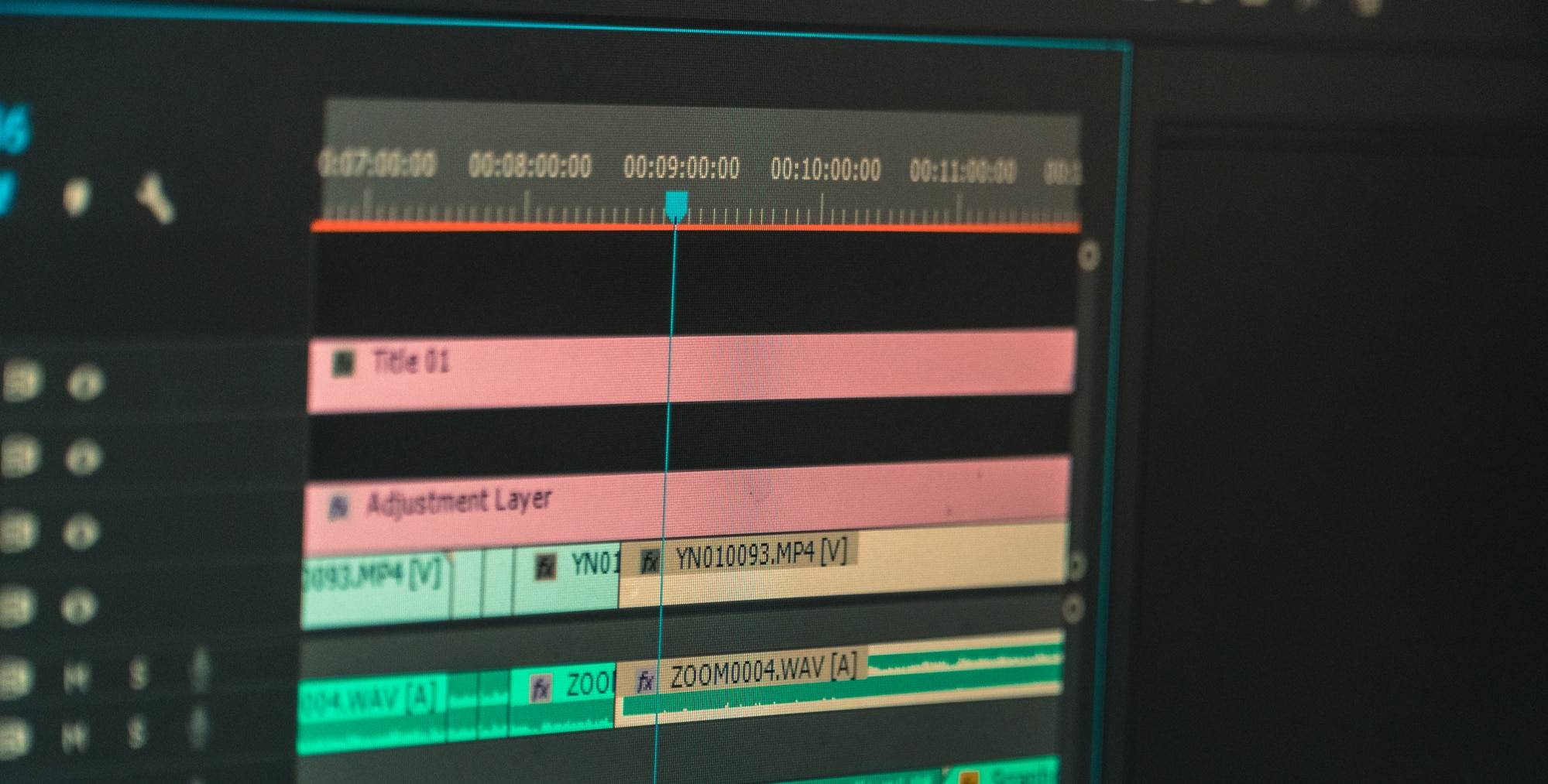
Artificial intelligence for video editing can take many forms. You’ll see some that make editing social media videos a snap and others that can deliver relevant assets and place them on the video timeline. You’ll also be able to use a green screen background editor to change it into pretty much anything that you want.
Occasionally, artificial intelligence can even generate a video from text.
AI video editing is useful because it can relieve some of the burdens of making professional videos. With the help of AI technology, you can create and edit your video faster, which can give you a leg up over the competition. AI can help with:
- Monitoring the statistics of a video.
- Gathering information about who can see which part of the video.
- Organizing visual content.
- Customize the look and feel of your video.
Can AI Edit a Video?

Yes, AI can edit a video with some human guidance. Tools like Adobe Premiere Pro offer some AI-powered tools for matching color, motion tracking, adjusting the aspect ratio, sorting through hours of content, etc. However, AI cannot fully replace a human video editor just yet.
It is impressive, so let’s explore everything that we know about using AI to edit videos today.
The AI Video Editing Process
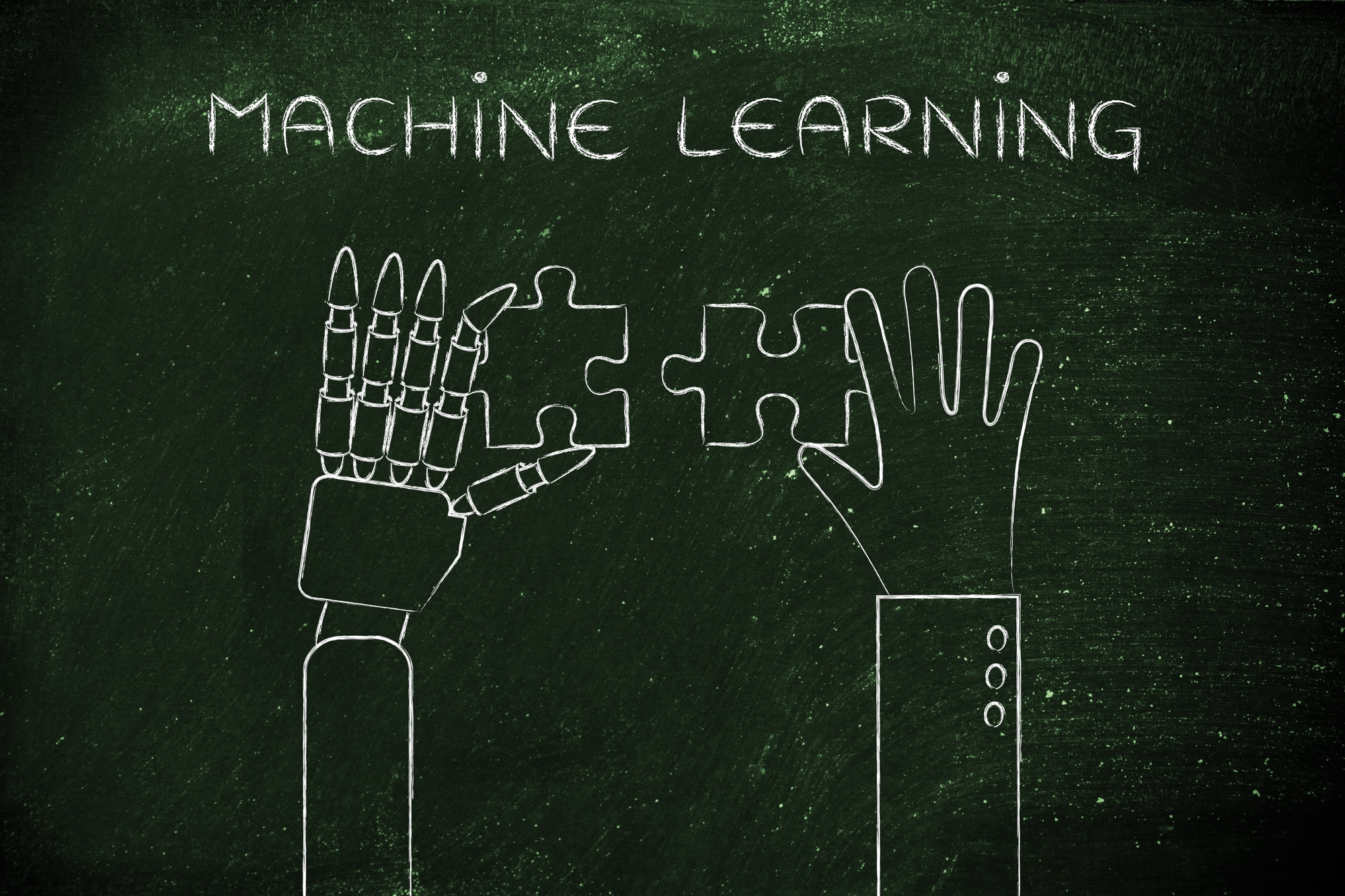
AI works by learning from existing examples and recording your feedback to continually improve. AI is often used in AR masks, face, and color filters, face retouching, and more which makes AI video editing an increasingly sophisticated tool that continues to grow.
Let’s take a peek at how AI works in the video editing process:
Visual Analysis of Each Video Frame
AI can greatly enhance object recognition, motion features, and audio analysis. In storytelling, it can help identify the main character, sort content by context, and delete irrelevant footage. AI can also help find the required audio content, choose the best part of the video, and improve your storytelling overall.
Improved Video Quality
When you’re creating a video for your business, AI technology can help you with intelligent color correction, inputting graphic elements, using background effects, and more. These can emphasize important objects and improve your overall video.
Audio Editing & Noise Removal
Audio functions can make a big difference when you’re editing, especially if you don’t have professional sound artists or equipment. Noise removal is one of the most commonly used tools. Advanced AI noise removal tools can detect unwanted sounds in the background and eliminate them without distorting the sounds you want to be included.
Video Stabilization
Video stabilization allows you to reduce movement in a video that you had to film without stabilizing hardware, in long panning shots, etc. The AI software logs motion data and uses stabilization algorithms to help it appear smoother. The software is especially useful when you’re tracking moving subjects, panning the camera, or using footage from different cameras.
Upscaling
AI image upscaling has been around, but video upscaling has seen a recent boom in popularity. Upscaling improves your video resolution. If you want to make your video available in 4K, then upscaling can help you.
AI-powered video remastering software uses a powerful group of filters and data from other videos. It learns the best way to upscale your video so that it looks like it was shot at that higher level of quality.
What had been extremely difficult to achieve, upscaling is much more doable thanks to modern algorithms and AI.
Extreme Automation
By automating a number of your editing jobs, you can reduce the overall time, money, and effort involved in transcribing and subtitling videos, which is necessary when you want to expand your videos to a wider audience.
Trimming
AI trimming can filter out inappropriate content. YouTube already uses it to remove unwanted content before showing it on the internet.
Use of AI Video Editing
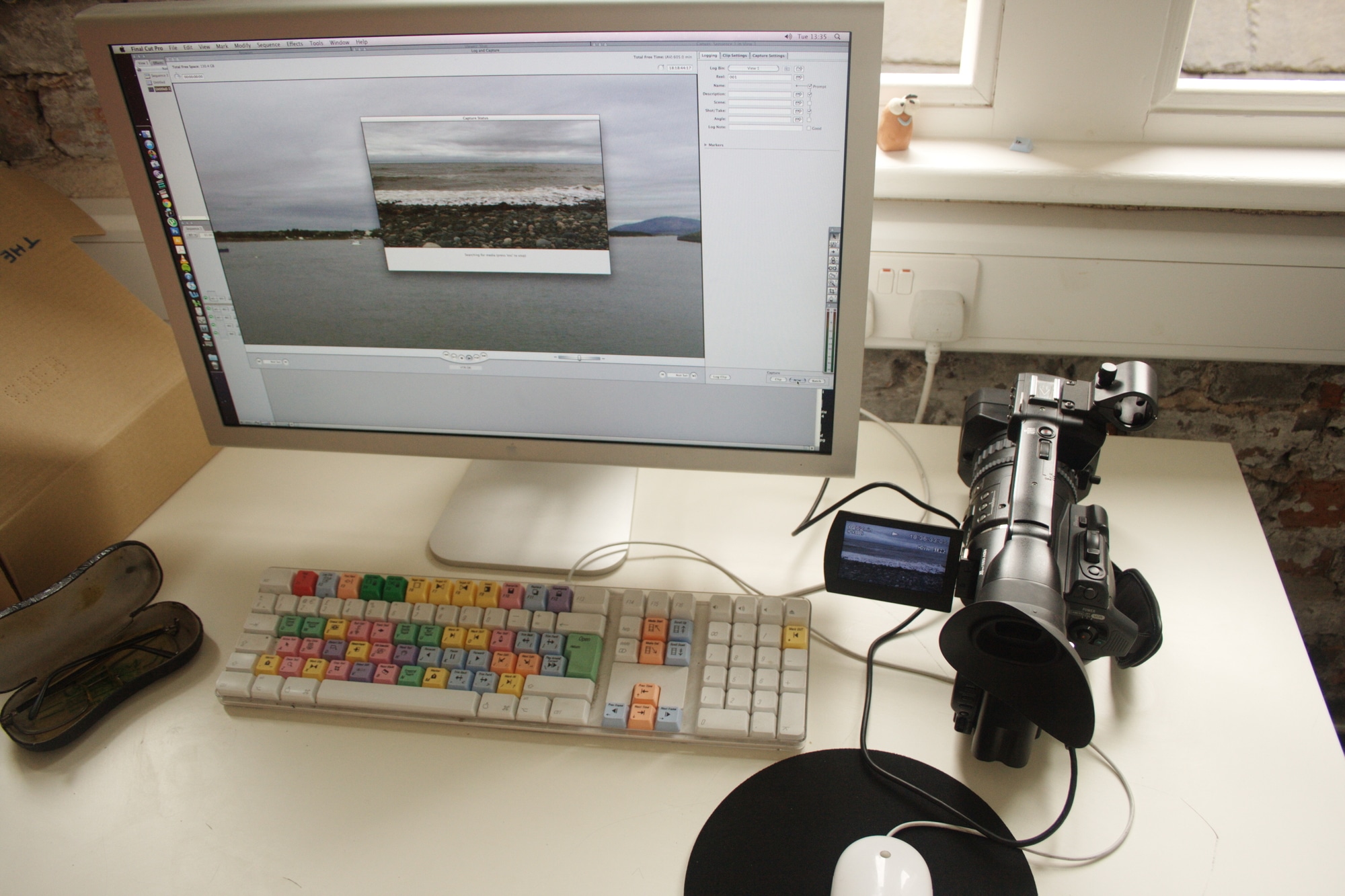
From AR filters and animated backgrounds to dynamic ads tailored to demographics to trimming and color correction, there is so much to be done with AI video editing. Below is just a brief rundown of how people have used AI editing on their videos.
- Color balance videos shot with different cameras.
- Create videos from text with AI and machine learning.
- Face and emotional data recognition in recorded video or live feeds. This allows you to create face galleries or use them for identification purposes.
- Short AI-generated videos to promote your other video content through action, people presence, activity, and emotional engagement.
- Generate subtitles and transcriptions.
- Improve the audio quality of your videos.
Pros of Using AI in Video Editing
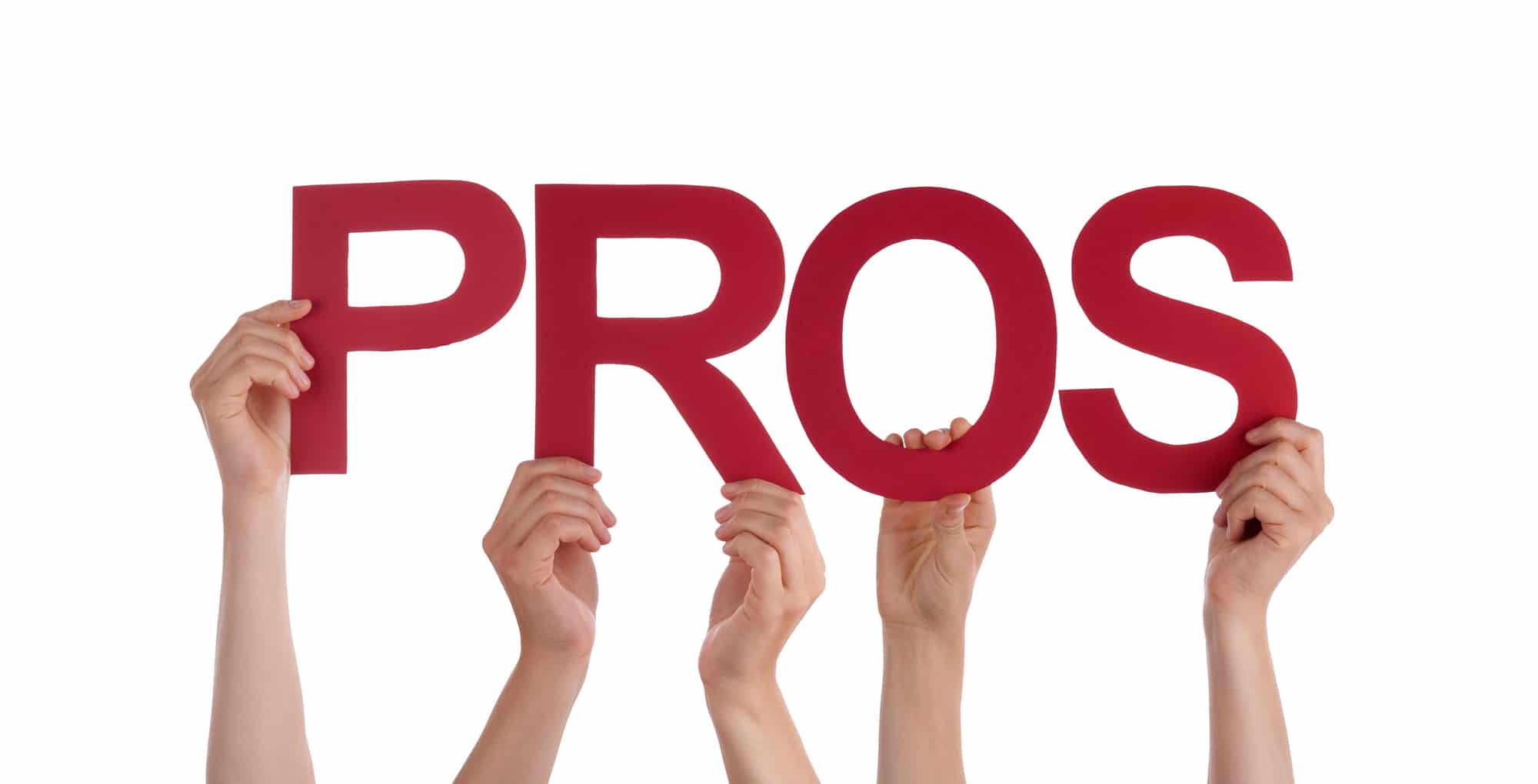
Here are some of the advantages of using AI video editing:
- AI assists editors to get the best angles, shots, and edits. They can use AI to determine the appropriate transitions and filters for a video.
- Helps those starting out in editing to organize their footage.
- Assists with editing footage that would otherwise be too time-consuming to edit manually.
- Makes video editing more efficient and quick.
- Provides several customization options that you can automate to improve your visual experience.
- Offers users the facial recognition and identification desired to create customized messages.
- Reduces overall video editing costs.
- Creates more engaging video clips by editing them for the best viewer experience.
- Sorts content into the most relevant sections by locating the best video clips and images.
- Accelerates video processing since AI can manipulate clips to make them more interesting and eliminates dragging or unnecessary shots.
Cons of Using AI-Powered Video Editing Tools

There are some challenges that come with using AI systems to edit videos. The first one is the higher learning curve.
Not everyone will be able to understand AI, and not everyone will be able to use it without putting forth a great deal of effort. Using high-end programming modules requires quite a bit of technical training, which can hold some people back from using the tools and make finding an editor who uses them more challenging.
Second, because video editing can be a complex process, it can be difficult for AI to understand what you want and polish it. Videos are also not typically produced from scratch when working with AI. The systems will need you to provide enough data for it to use and clear instructions on how to do so.
AI video editing is also typically done one process at a time where humans can multitask.
Can AI Video Editors Replace Humans?
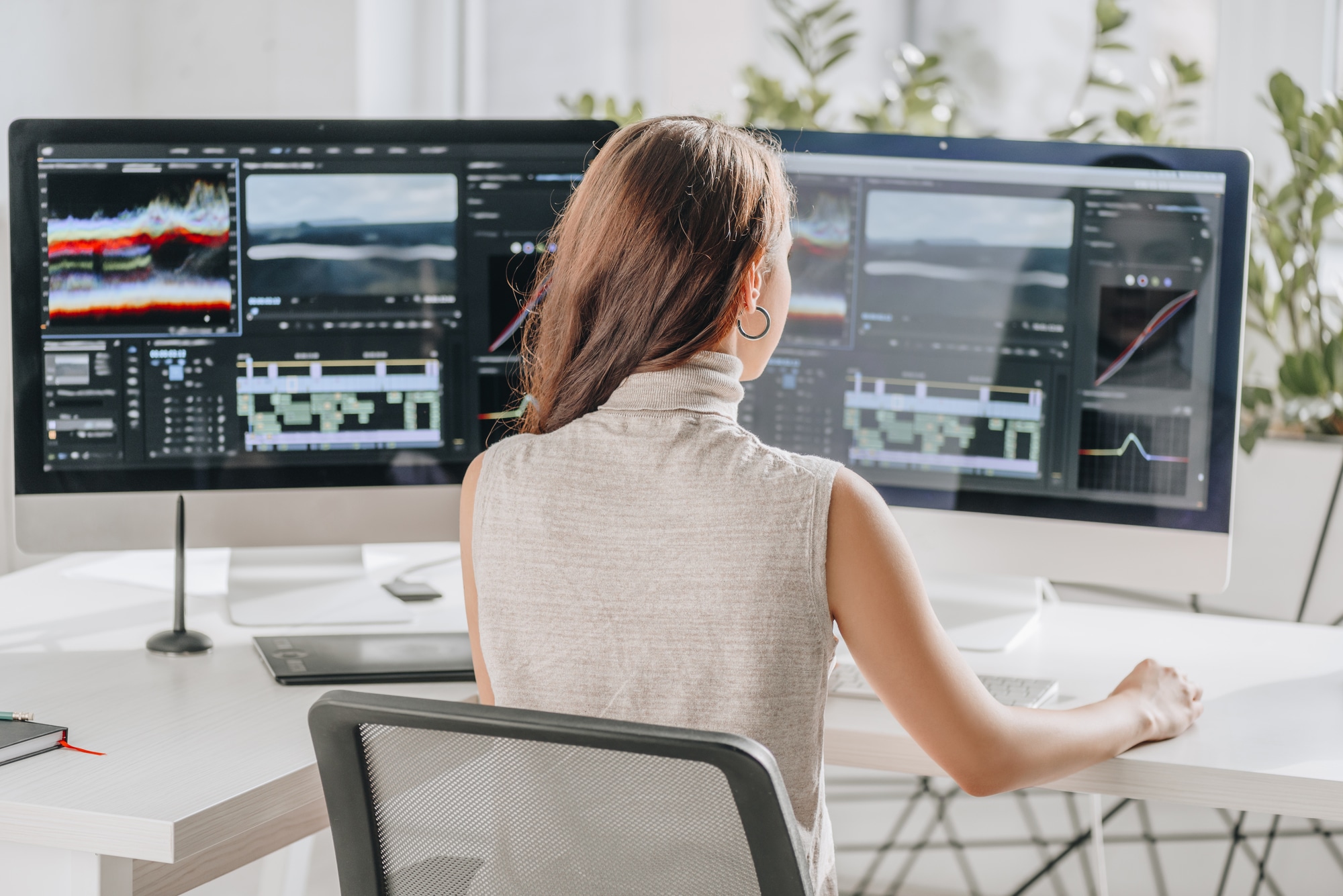
Using AI tools has created a large commotion in the creative arts and video marketing industries. Human video editing has not been replaced by AI, and it’s unlikely that that will totally change. There is still a great deal that a human is required for. What’s more, while AI tools are indispensable during the editing process, a lot of visual art, videos included, comes down to using your skills to create the “vibe” you’re going for, and because that’s such a non-specific thing, a computer will have a hard time doing that. Here are some things you’ll still need a human for:
- Humans use their imagination, storytelling skills, and knowledge to create and edit videos in a way that AI can’t.
- Humans are creative and can come up with new ideas on the spot. AI and ML can bring these ideas to life, but their ability to brainstorm like a human is still lacking.
- Personal experiences can help humans understand the success or failure of a video, but AI doesn’t have the ability to use such experiences as of now. Machines don’t have the same capacity for memory, story-telling, or creativity.
Most importantly, connection between humans is an emotionally-driven process, which is integral to creating any bit of content that resonates with an audience. Engaging viewers is about meeting them where they’re at, and AI fails to deliver when it comes to emotions and sensitivities. A human will always be necessary for that.
Conclusion
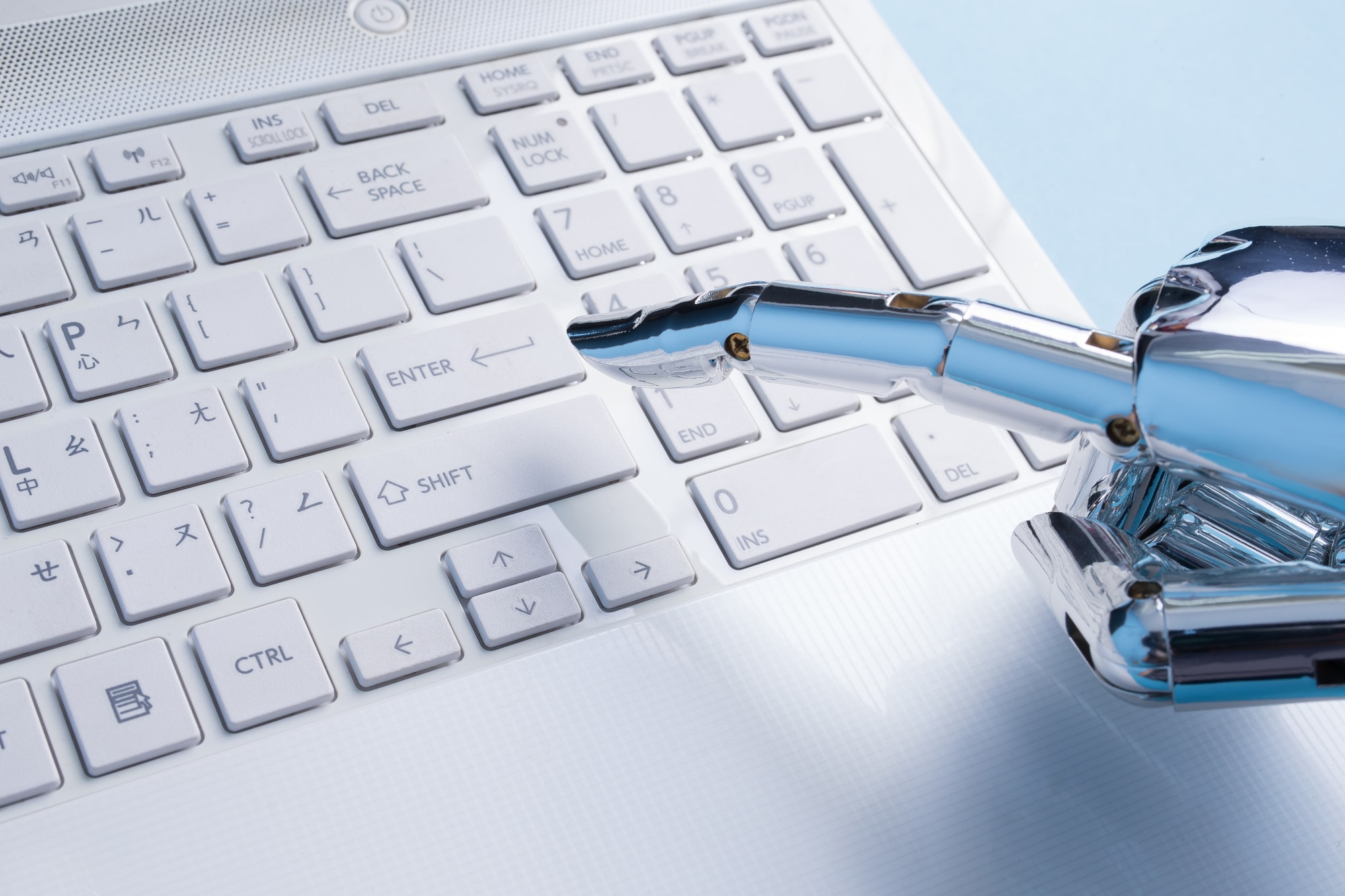
AI-powered video editors can structure and streamline the editing and promotional process. You work smarter, not harder, by using automated tools. Because AI can “interpret” videos, adjust colors, stabilize footage, remove obstructions, and use innovative algorithms, you can use these AI-assisted editing capabilities to produce incredible results for less money and quicker.
AI will likely change the entire video editing industry but should only be thought of as a supporting tool. It’s unlikely that a human presence will ever be eliminated because of the unique skills and understanding that people possess which computers don’t. So, when it comes to the future of AI video editing, remember that these tools and services will be supplemental and not comprehensive.
Companies looking to create compelling videos with stunning visuals can use this groundbreaking technology to achieve great results as long as there is a human at the helm. If you’re looking for an editor to work on your video who uses the latest technology while still providing the necessary skills only found in a human, Flocksy’s video editors are the way to go.
We can deliver incredible results fast, and we never compromise on quality. What’s more, you have complete control over the revisions and final outcome because you can chat directly with your editor about what you want them to do with your video.
For more information about our unlimited video editing service, click here.
